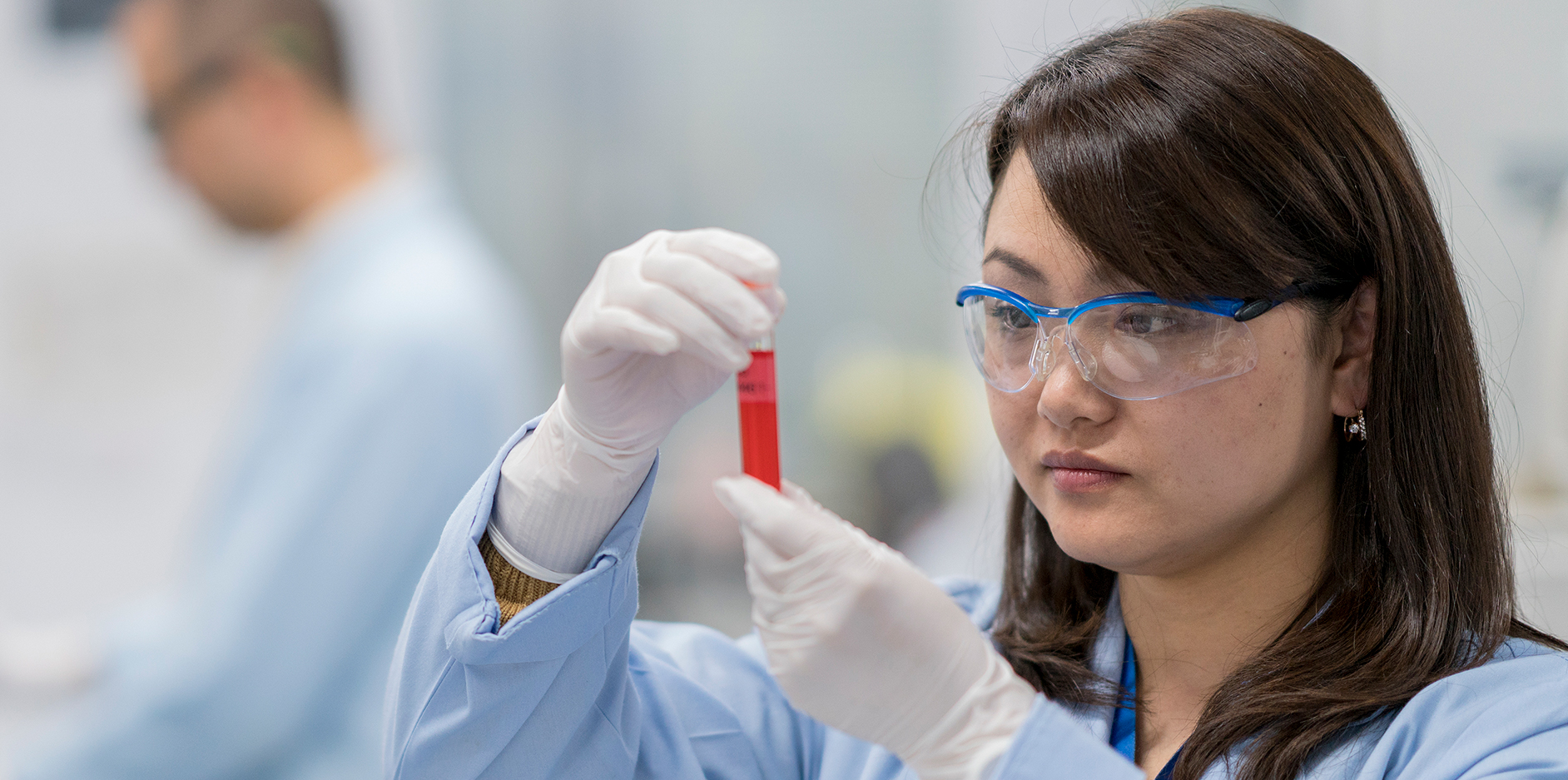We must not let COVID-19 hold us back in the fight against cancer

This article originally appeared on LinkedIn on May 18 2020.
How many times have we heard the word ‘unprecedented’ in recent weeks? Or ‘challenging’. Or ‘extraordinary’. It has certainly been a lot. Yet the reason these words have become such clichés right now is simple: they are all completely true.
The uniquely devastating nature of this new coronavirus cannot be underestimated. Even as someone who has been working in the healthcare industry for nearly two decades, witnessing the threat it poses to the wellbeing of individuals, communities and businesses, not to mention the impact it is having on the lives of everyone living under lockdown, is like nothing I have seen before – nor, in truth, ever expected to.
Yet behind the daily tragedies of those directly impacted by COVID-19 lie some equally worrying but less discussed stories. For people with cancer, the impact of the virus has already been – here are those words again – extraordinarily challenging. Visiting medical centres to access vital treatments has become harder and more dangerous, while research published in the European Journal of Cancer a few weeks ago highlighted some of the negative effects being experienced by patients across Europe, such as urgent referrals or surgery being delayed.
I am not writing this to add to the doom and gloom or to imply that everyone should shift their attention to the challenges faced by people with cancer. This COVID-19 crisis is threatening the health of millions in all kinds of different ways and every single one of those people deserves whatever support they need to emerge safely on the other side.
I am saying that, as an oncology community, we cannot allow the current situation to derail us. After all, cancer is not going away; patients still need treatment, care and support to prevent unnecessary difficulties and deaths. Even in the face of this global pandemic, we must continue to research novel treatment approaches and work together to help people with cancer overcome the challenges they face.
Progress is already being made on this front, and I’m proud to say that at Janssen we’re playing our part. For example, we have been working hard to see how we can reduce the time multiple myeloma patients need to spend in hospital for their treatment. This is something that will not only be beneficial during COVID-19 – where the more time you spend around other people, the higher your risk of infection – but also in the longer term for patients’ quality of life.
Looking ahead, there are significant advances on the agenda for cancer at the upcoming American Society of Clinical Oncology (ASCO) and European Hematology Association (EHA) meetings in the coming month as well. These are congresses that will not take place in person, but must still spark the kind of scientific exchange and collaboration required to push us forward. My colleague Biljana has previously written about how these important conversations can still take place without physical gatherings, and I completely agree that if we are to continue to explore solutions in oncology for patients, then we cannot let such conversations come to a halt.
I am excited for the opportunity to present the latest advances from across our oncology portfolio to the scientific community. These will feature alongside other exciting developments from across the industry, and I’m very much looking forward to seeing what else is on the horizon, and discussing how we might collectively help patients achieve more victories over cancer both now and in the future.
For people with cancer, this COVID-19 pandemic is one of the most unprecedented, challenging situations imaginable. We owe it to them to keep up our efforts and our conversations, developing new solutions that will help them through this crisis and beyond.


